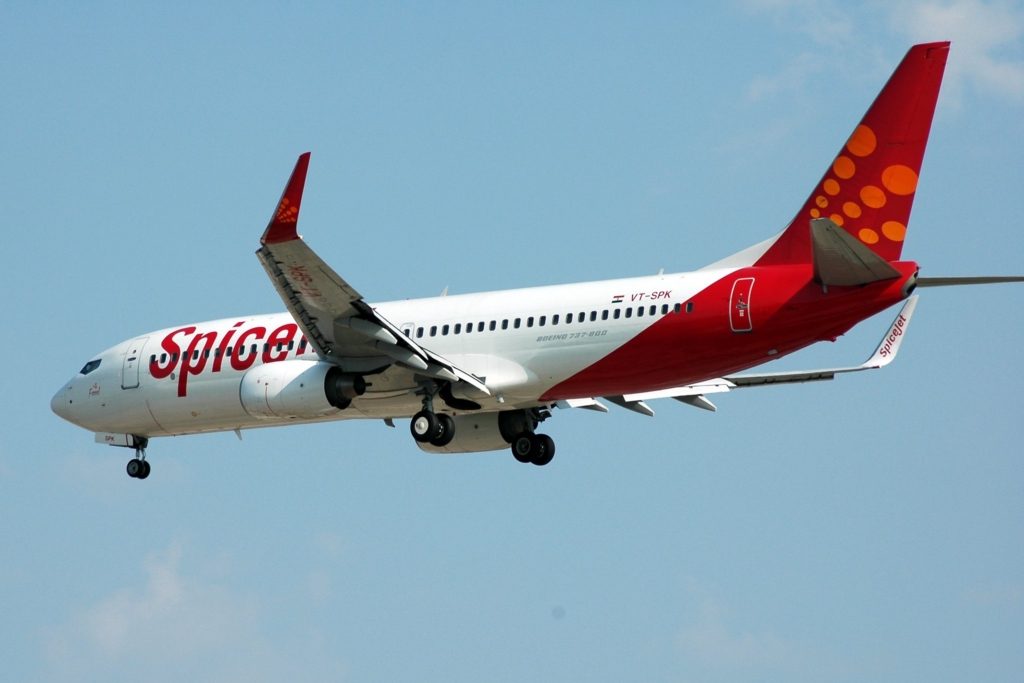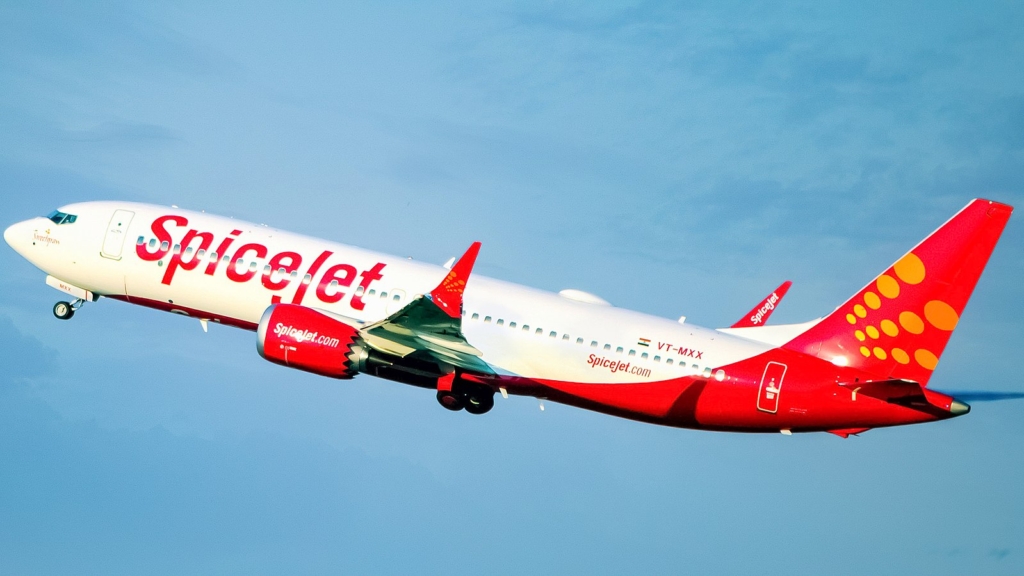SpiceJet delays salaries amid ongoing financial stress and grounded aircraft

September 15, 2025

SpiceJet, once seen as a nimble challenger in India’s booming aviation sector, is facing mounting turbulence.
From persistent delays in salary disbursement to a majority of its fleet remaining grounded, the budget airline is grappling with a cocktail of financial, operational, and regulatory challenges.
At the same time, management is trying to signal optimism with expansion plans and credit rating upgrades.
Salaries delayed, staff morale under strain
In recent months, a growing number of SpiceJet employees, particularly those at the Assistant Manager level and above, have faced salary delays of up to two weeks, according to PTI.
Staff earning up to INR55,000 (around $620) per month have reportedly been paid on time, but senior personnel continue to wait.
This is not the first time payroll has been hit by cash flow pressures. Pilot salaries remain below pre-pandemic levels, further compounding frustration.

SpiceJet’s FY25 annual report showed it employed 6,484 people, including 4,900 permanent staff. The same filing disclosed an interest-free advance of INR320 million ($3.6 million) to Chairman and Managing Director Ajay Singh, later adjusted against his April and May 2025 salary.
Critics, however, argue the optics were poor given staff pay delays.
SpiceJet’s fleet is stuck on the ground
Operationally, SpiceJet’s problems are stark. As of 13 September, just 18 of its 53 aircraft were active, according to Planespotters data, unchanged from the same time last year.
The remainder are grounded, reportedly due to supply chain bottlenecks and engine overhaul delays.
Despite this, the airline has continued to announce bold fleet expansion plans. In its Q1 FY26 results, SpiceJet said it had finalised leases for 10 Boeing 737s, expected to arrive from October 2025.
Talks are also underway for further narrow and widebody aircraft under a “smart lease” structure.
Q1 FY26: SpiceJet financial results show sharp reversal
The airline reported a net loss of INR2.4 billion ($28.8 million) for the June quarter, compared with an INR1.5 billion ($18 million) profit a year earlier. EBITDA fell from INR4 billion ($48 million) to negative INR180 million (-$2.16 million) year-on-year.
Management blamed geopolitical tensions, restricted airspace, and supply chain disruptions, alongside high costs related to grounded aircraft.

Even so, passenger demand remained relatively resilient. Load factor held at 86%, while revenue per available seat kilometre (RASK) was INR4.74 ($0.057).
Chairman Ajay Singh struck a cautiously optimistic note: “Despite these headwinds, SpiceJet continues to demonstrate resilience. We are taking decisive steps to enhance fleet reliability, reduce costs, and expand our network.”
Credit rating upgrades: a rare bright spot
In August, Acuite Ratings & Research upgraded SpiceJet’s long-term credit rating to BB- (Stable) and short-term to A4+, citing lower lease liabilities and fresh capital infusions.
The airline’s net worth has swung from a negative INR24 billion (-$288 million) in Q1 FY25 to a positive INR4.5 billion ($54 million) in Q1 FY26, helped by a qualified institutional placement (QIP) and promoter group funding in March.
CareEdge Ratings had delivered an earlier upgrade, bolstering the narrative that SpiceJet is inching back toward stability—even if profitability remains elusive.
SpiceJet safety concerns under scrutiny
SpiceJet has also faced a string of minor but frequent technical issues, including a recent landing gear fault, prompting the Directorate General of Civil Aviation (DGCA) to maintain close oversight.
The airline points out that it has not recorded any Level 1 findings in DGCA audits for more than a year. Yet industry observers note that paper compliance does not always align with day-to-day operational reliability.
Will SpiceJet survive?
Fleet induction plans and credit upgrades suggest that SpiceJet is attempting a turnaround. But unresolved issues – grounded aircraft, delayed salaries, and thin margins in a hyper-competitive market – leave the airline on a fragile footing.
India may be the world’s fastest-growing aviation market, but unless SpiceJet can translate announcements into operational stability, opportunity could slip through its grasp. For now, the carrier remains in flux: flying, but only just.
















